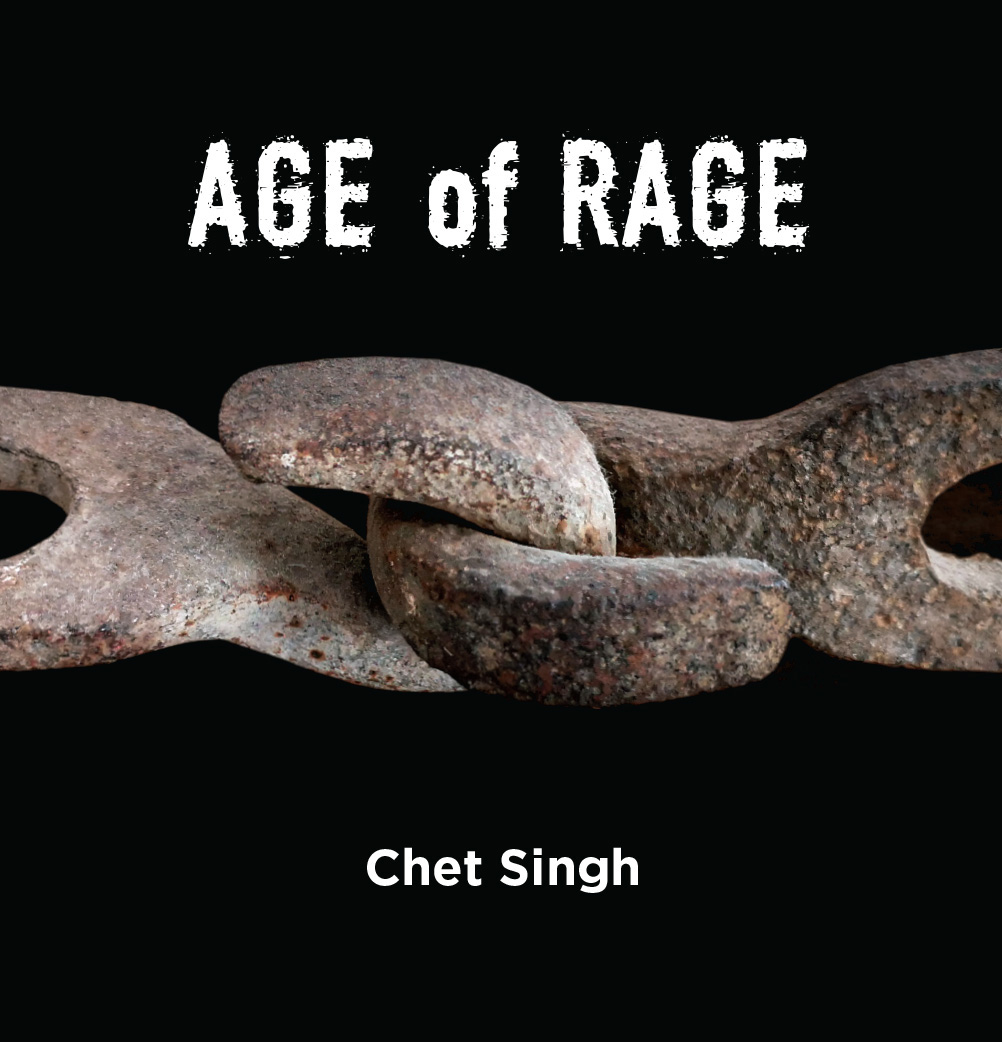News & Upcoming
March of the Poets
Thursday, March 12 at 7 pm
Free Times Cafe, 320 College St., Toronto
Tickets: $10
Spoken word poetry performances at Toronto's Free Times Cafe followed by an open stage segment.
Attendees are encouraged to make a dinner reservation to reserve seating. Venue has accessible washrooms and food/drink service. Open stage spots are 5 minutes.
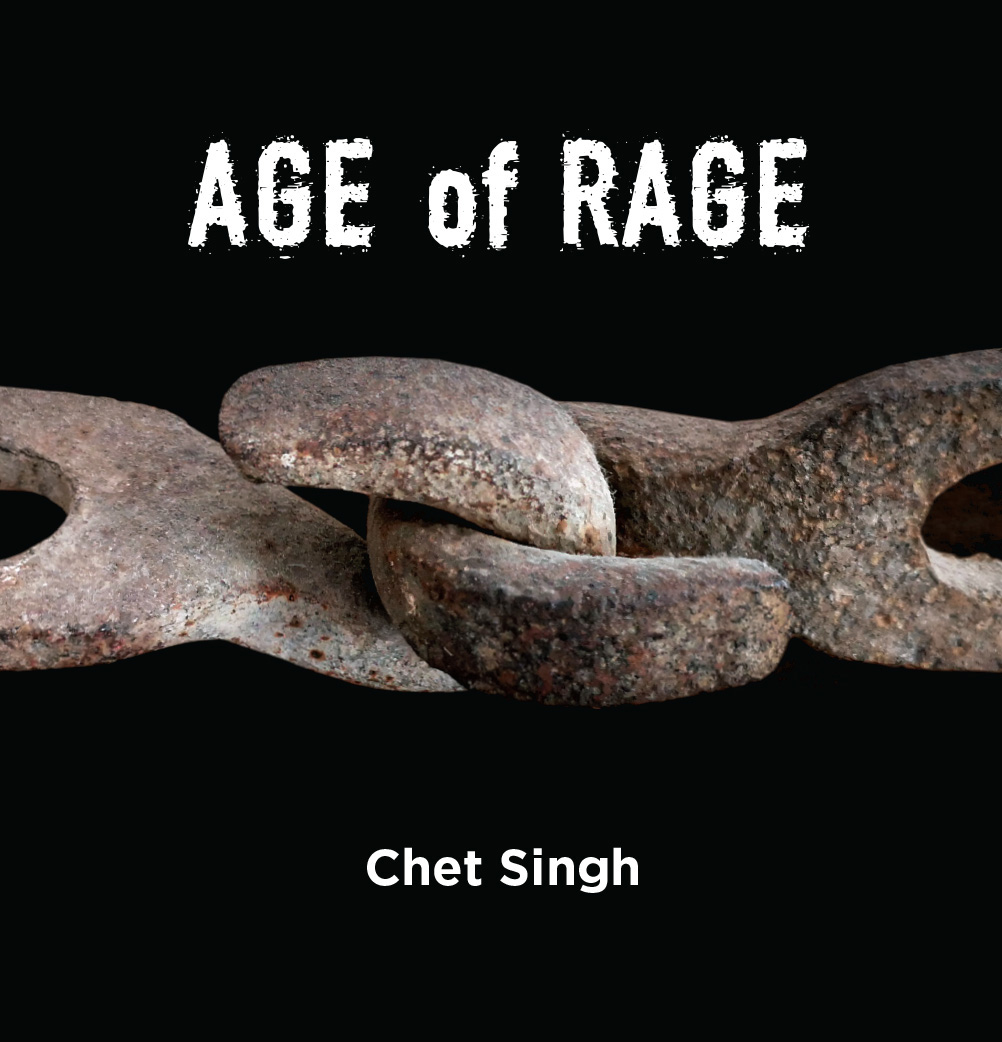
Age of Rage
2025
Tracks
Guns & Gods Inc. (3:30)
System is a Bust (3:36)
Kaputalism (3:00)
Canadian Studies 101 (4:52)
Rerun (3:18)
Coyote Town (3:37)
Red Maple (3:35)
Equity Dub (3:06)
Unity Music (2:52)
Love Needs Expression Dub (3:06)
Father (2:39)
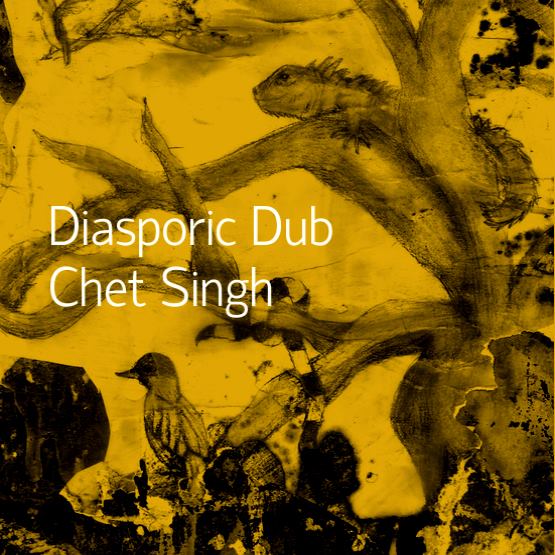
Diasporic Dub
2015
Tracks
Fascist State? (2:57)
Subaltern Dub (3:12)
Burn (4:38)
Rebel Dub (2:48)
Electric Moon (2:50)
War (2:43)
Rica (3:11)
Kaya (Flow) (3:17)
Too Rude (3:28)
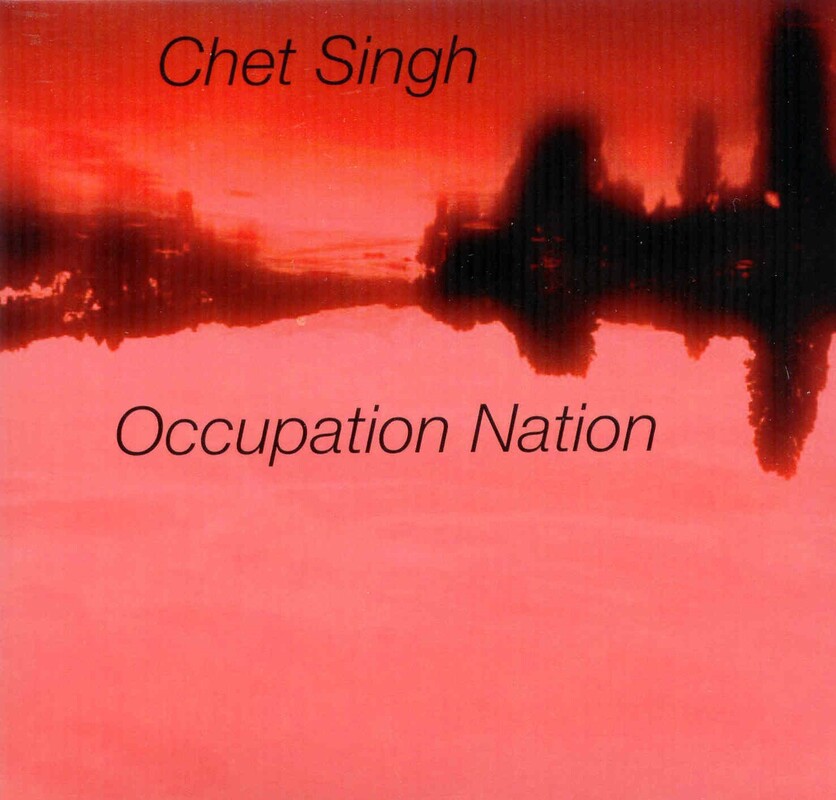
Occupation Nation
2013
Tracks
occupation nation (2:37)
highway 115 (3:16)
map of violence (3:36)
among the bombs (3:38)
red canoe (3:01)
idensity theory (3:33)
natural nature (3:10)
MADAWASKA (2:27)
occupation dub (3:02)
control the scenery (4:00)
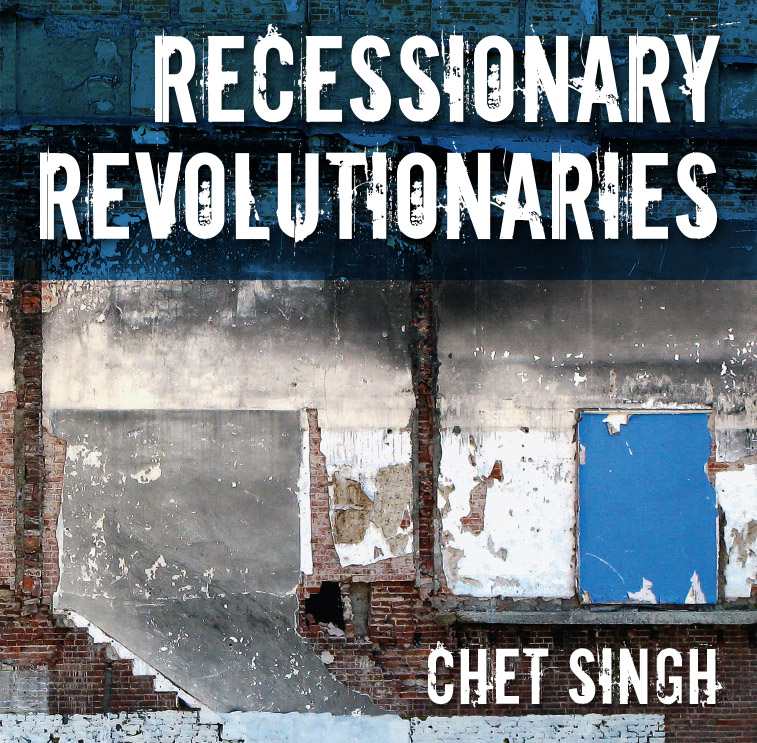
Recessionary Revolutionaries
2010
Tracks
Dis-Ease (4:12)
Bubbly Dubbly (2:20)
The Internationale (dub version) (4:22)
Dub Stepping In The Rain (3:57)
Recessionary Revolutionaries (3:49)
Dem Arrest (3:34)
Elephants (2:51)
Paper Money (3:20)
Birds (4:29)
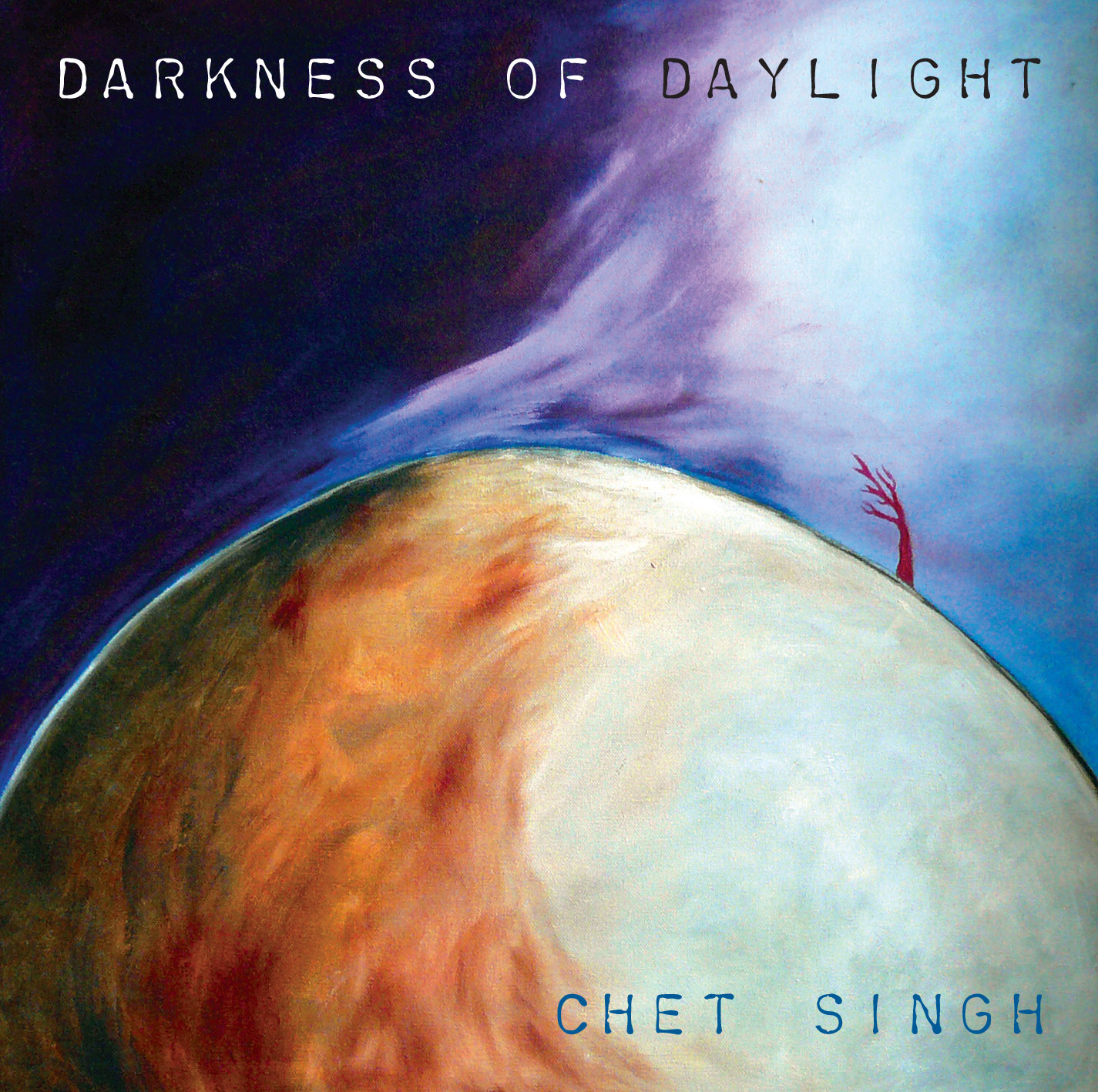
Darkness of Daylight
2007
Tracks
Price Is Right (4:23)
Six O'Clock News (3:13)
Transcending Dub (3:40)
Identities (1:56)
December 6th (3:27)
AnyMe (4:19)
Jane & Finch (4:59)
Buskin (4:05)
Love Needs Expression (3:35)
Electric Man (3:39)
Abstract Graffiti (4:07)
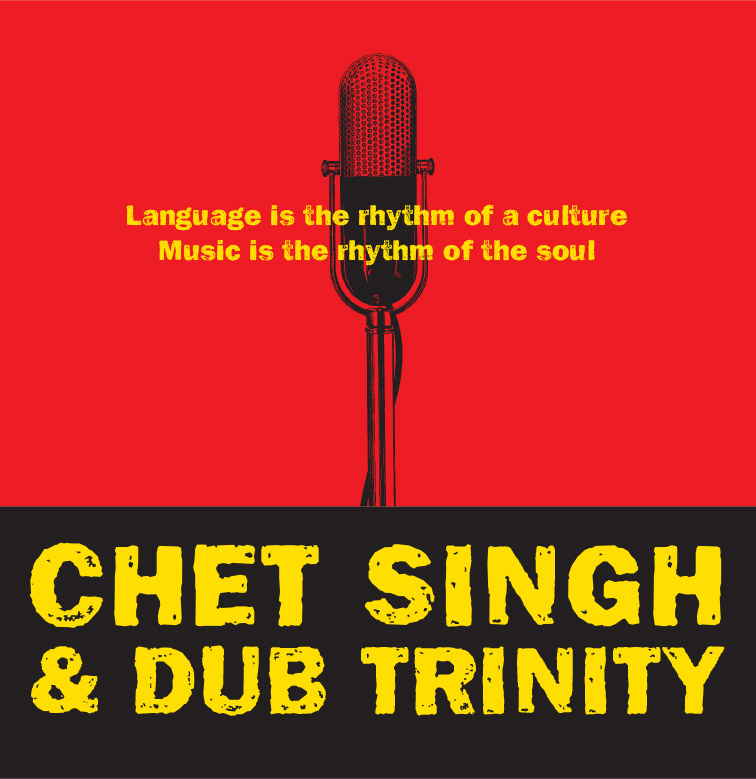
Chet Singh & Dub Trinity
2004
Tracks
Another Statistic (3:28)
Alienation Love (4:58)
Counter Dub Attack (2:26)
Angels Of Mercy (5:15)
Dread Ina Babylon (3:38)
System Fraud (1:56)
Alien Nation Dub (5:26)
Counter Attack (3:48)
Why (4:15)

Album Credits
1. Guns & Gods Inc. (3:30)
2. System is a Bust (3:36)
3. Kaputalism (3:00)
4. Canadian Studies 101 (4:52)
5. Rerun (3:18)
6. Coyote Town (3:37)
7. Red Maple (3:35)
8. Equity Dub (3:06)
9. Unity Music (2:52) *
10. Love Needs Expression Dub (3:06) *
11. Father (2:39)
* Remixes of One Mind tracks from One People One Planet, 1984.
This project was produced in Canada and the Ukraine by Chet Singh and Gerhard Gepard
Lyrics/poems: Chet Singh
Musicians and vocals: Gerhard Gepard, Vika Humeniuk, Chet Singh
Recorded: Lviv, Ukraine and Lakefield, Ontario
Engineered and mixed by Gerhard Gepard
Mastering consultant: Rob Wilkes
Mastered by Dmytro Vakarchuk, Krakivska Studios, Ukraine
Print Design: Rob Wilkes, Big Sky Design
Website: chetsingh.com
Thanks to our family and friends for supporting us during this project including: Cher, Nika, Rob Wilkes, Aaron Cavon, Caylie Staples, Grey Roy, Myles Conner, Bill Kimball EC3, and Lillian Allen
For Lyla, who reminds us to live life to the fullest with courage, determination, and kindness.

Produced with the support of the Ontario Arts Council.

Album Credits
1. Fascist State? (2:57)
2. Subaltern Dub (3:12) (feat: Beau Dixon)
3. Burn (4:38) (feat: Beau Dixon)
4. Rebel Dub (2:48)
5. Electric Moon (2:50)
6. War (2:43) (feat: Beau Dixon)
7. Rica (3:11) (feat: Marta Sobczak)
8. Kaya (Flow) (3:17)
9. Too Rude (3:28)
Produced by Jarret Prescott
Music Composed by Jarret Prescott (except Track 7 with Martha Sobczak)
Players of instruments: Jarret, Martha and Beau
Vocals: Chet, Jarret and Martha
Thanks to: our family and friends who inspired us along the way
Those who assisted us: Jill McGinn, Lillian Allen, Dub Club (Rob Wilkes and Luc Prins), John Parkes for the use of his photo Eden, from Coyoacan, Mexico. Original artist unknown. http://www.johnparkesphotography.com
Disc Photo: Madawaska, Ontario
Recorded and Mastered at the Cat Scratch Burrow except track 7 recorded at the Vault and Marta’s vocals recorded in Los Angeles. CA
All tracks © 2015 Chet Singh
For Oliver, who reminds us that we create our world with our thoughts and actions

Produced with the support of the Ontario Arts Council.

Album Credits
1. occupation nation (2:37) (feat: Dubmatix)
2. highway 115 (3:16)
3. map of violence (3:36)
4. among the bombs (3:38)
5. red canoe (3:01)
6. idensity theory (3:33)
7. natural nature (3:10) (feat: Marta Sobczak)
8. MADAWASKA (2:27) (feat: Nick Murray)
9. occupation dub (3:02) (feat: Michael Duguay)
10. control the scenery (4:00)
Tracks 1,2,3,5,6,8,9,10 Produced by Chet Singh & Jarret Prescott
Track 1 produced with Dubmatix
Track 7 produced with Nicholas Murray
All bass and guitar Beau Dixon
Horns by Nick Brownman Ali
Recorded at Electric City Studios
Mastered at the Cat Scratch Burrow
All tracks © 2013 Chet Singh
Thanks to singers and musicians: Jarret, Nick, Beau, Martha and Jesse for the beats. Thanks to Cher, Simon & Lillian for the critiques, and to our extended family and friends for inspiration.

Produced with the support of the Canada Council for the Arts

Album Credits
1. Dis-Ease (4:12)
2. Bubbly Dubbly (2:20)
3. The Internationale (dub version) (4:22)
4. Dub Stepping in the Rain (3:57)
5. Recessionary Revolutionaries (3:49)
6. Dem Arrest (3:34)
7. Elephants (2:51)
8. Paper Money (3:20)
9. Birds (4:29)
Produced by Chet Singh (chets@bell.net). Beats and Music by Jarret Prescott except track #7 by Nicholas Murray. Dub Poetry by Chet Singh. Chorus on tracks 1, 3, 4, 5, 9, by Jarret Prescott. Vocals: Chet Singh, Jarret Prescott and Rosina Kazi. Recorded and engineered by Jarret Prescott. Rosina Kazi’s vocals recorded by Nicholas Murray at the Comeunity Centre. Mixed by Nicholas Murray at the Center for the Self Evident and Naturally Occurring. Mastered by Andy Krehm for Silverbirch Productions. Photo by John Parkes Photography. Art work by big sky design. Thanks to everyone who brought this project to fruition. Thanks to our families, friends and communities.

Produced with the support of the Ontario Arts Council.

Album Credits
01. Price is Right (4:23) feat. Dub Trinity/ Nick ‘Brownman’ Ali
02. Six O’clock News (3:13) feat. Jarret Prescott
03. Transcending Dub (3:40) feat. Dub Trinity/ Brownman/ Jarret Prescott
04. Identities (1:56) feat. Jarret Prescott
05. December 6th (3:27) feat. Rosina Kazi (Lal), Jarret Prescott
06. AnyMe (4:19) feat. Dub Trinity
07. Red Maple (2:42) feat. Jarret Prescott/ Brownman
08. Jane & Finch (4:58) feat. Lillian Allen/ Dub Trinity/ Jarret Prescott
09. Buskin (4:05) feat. Dub Trinity/ Brownman
10. Love Needs Expression (3:35) feat. Jarret Prescott
11. Electric Man (3:39) feat. Jarret Prescott
12. Abstract Graffiti (4:07) feat. Dub Trinity
Executive Producer: Chet Singh
Production Manager: Aaron Cavon
Produced by: Workhouse Boyz and Jarret Prescott
Cover painting: Cheryl McGinn
Photo: Steve Guthrie
Design: big sky design
SOCAN © 2007
Made in Canada

Produced with the support of the Canada Council for the Arts

Album Credits
Another Statistic 3:28
Alienation Love 4:58
Counter Dub Attack 2:26, Dub by Bobby O'Luge
Angels of Mercy 5:15
Dread Ina Babylon 3:38
System Fraud 1:56
Alien Nation Dub 5:26, Dub by Pete Hudson
Counter Attack 3:48
Why 4:15
All songs written by Chet Singh and Dub Trinity © 2004 SOCAN
Musicians: Kirsten Addis, Warren Cliff, Beau Dixon, Phil Emond, Gregory Roy, Rob Wilkes
Recorded by: Pete Hudson @ Halla Music, Toronto (Tracks 2, 4, 5, 7, 9), James McKenty @ Sound On Sound, Peterborough (Tracks 1, 3, 6, 8), Beau Dixon @ Sound Kitchen, Peterborough (Selected overdubs)
Remixed by: Bobby O’Luge @ Kornerstone Productions, Scarborough (Track 3), Pete Hudson @ Halla Music, Toronto (Track 7)
Engineered and Mixed by: James McKenty @ Sound On Sound
Print design by: Rob Wilkes, big sky design
Produced by: Dub Trinity


